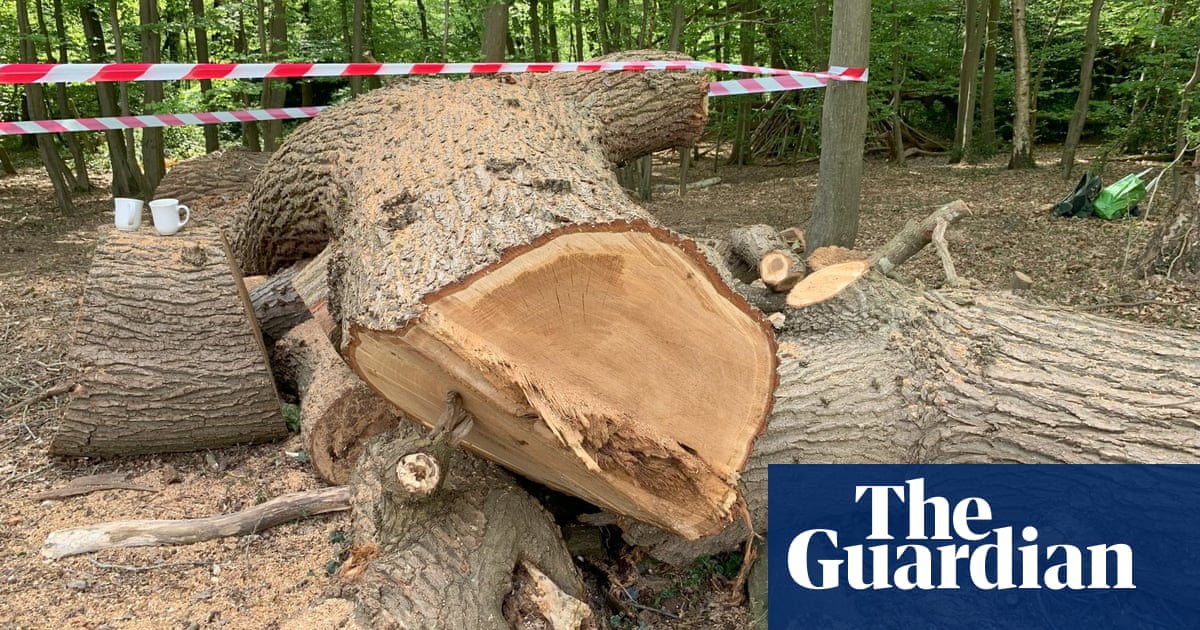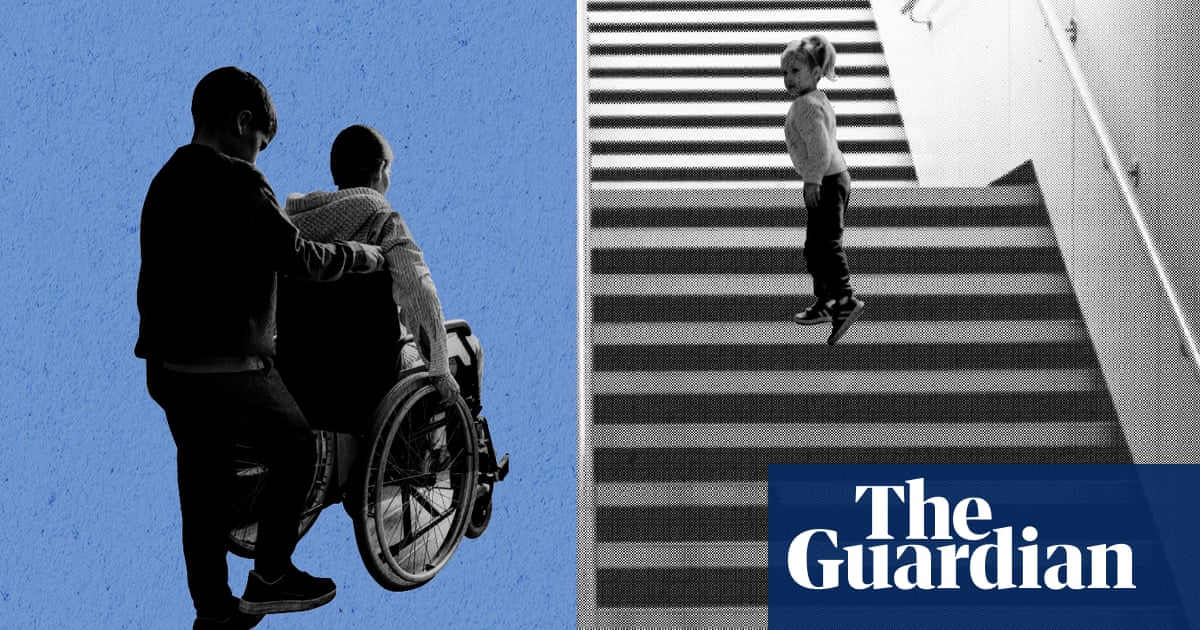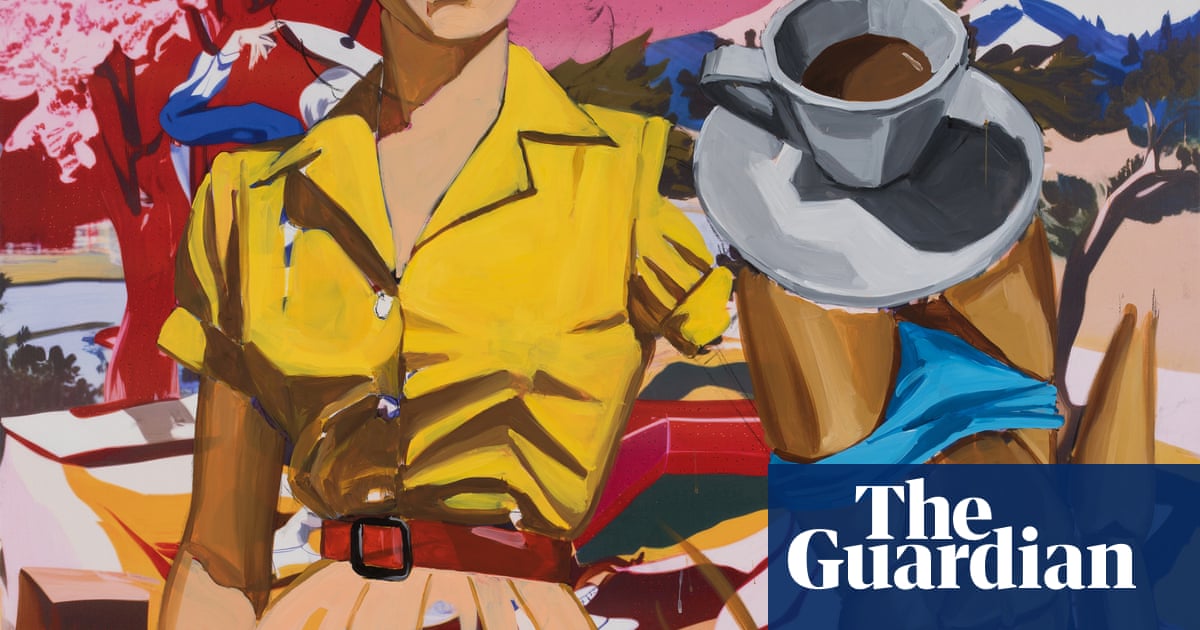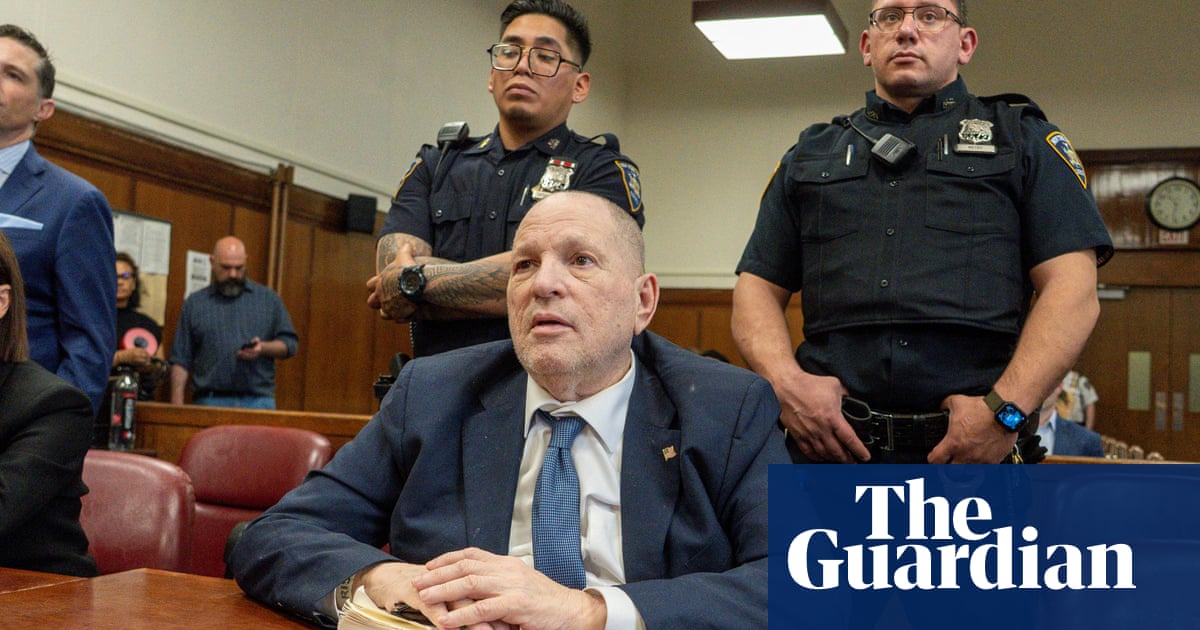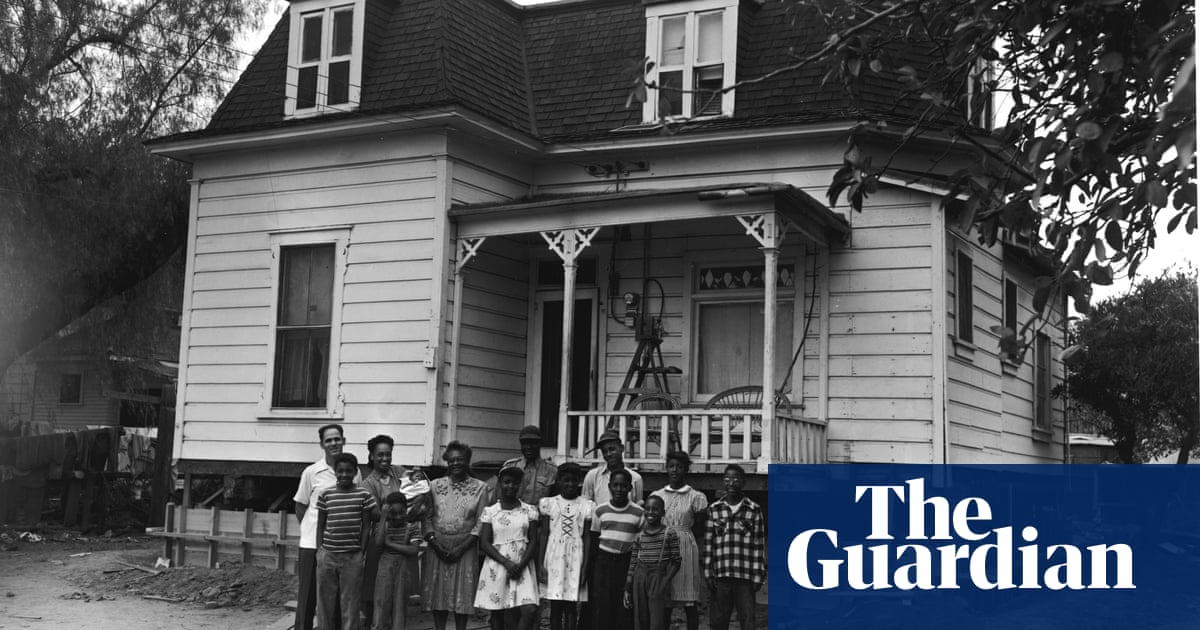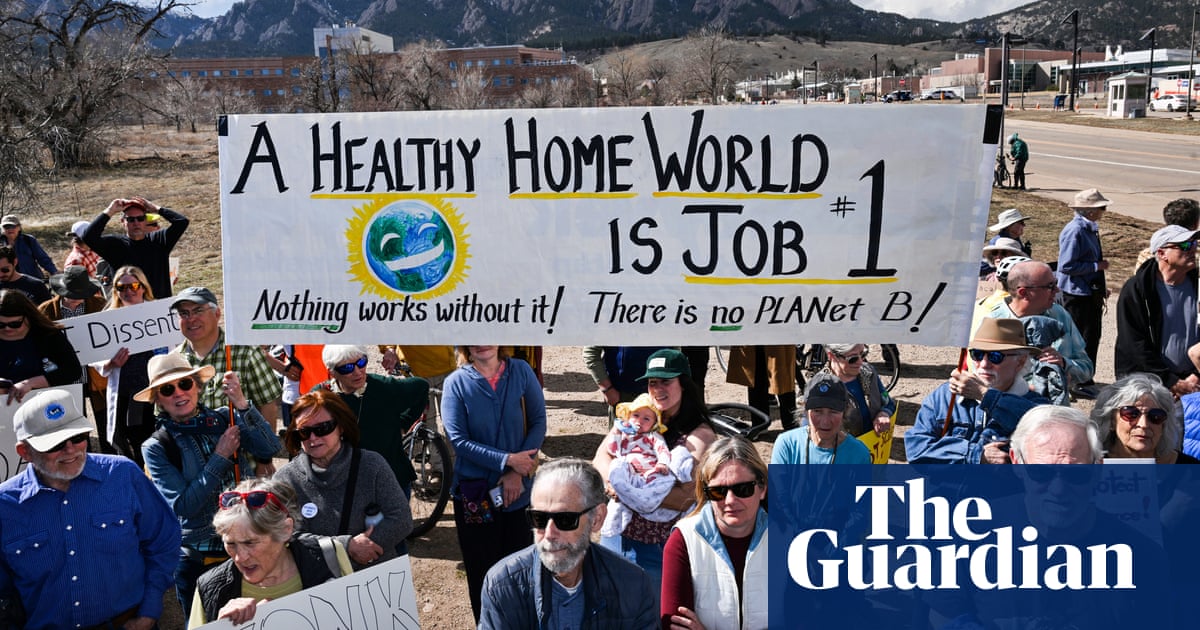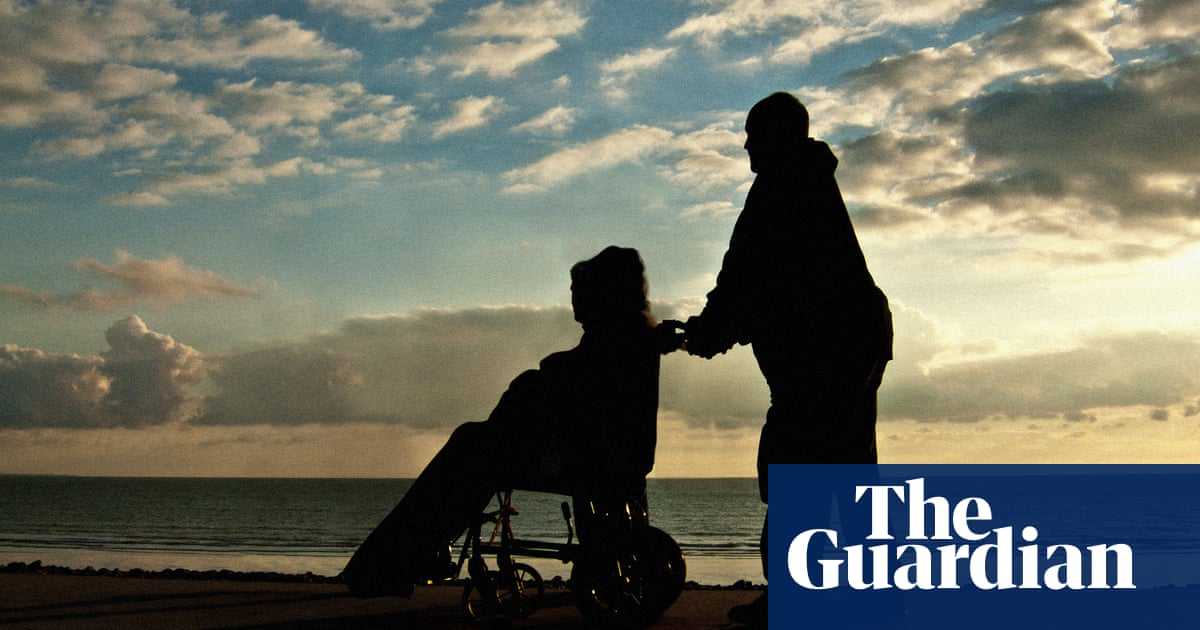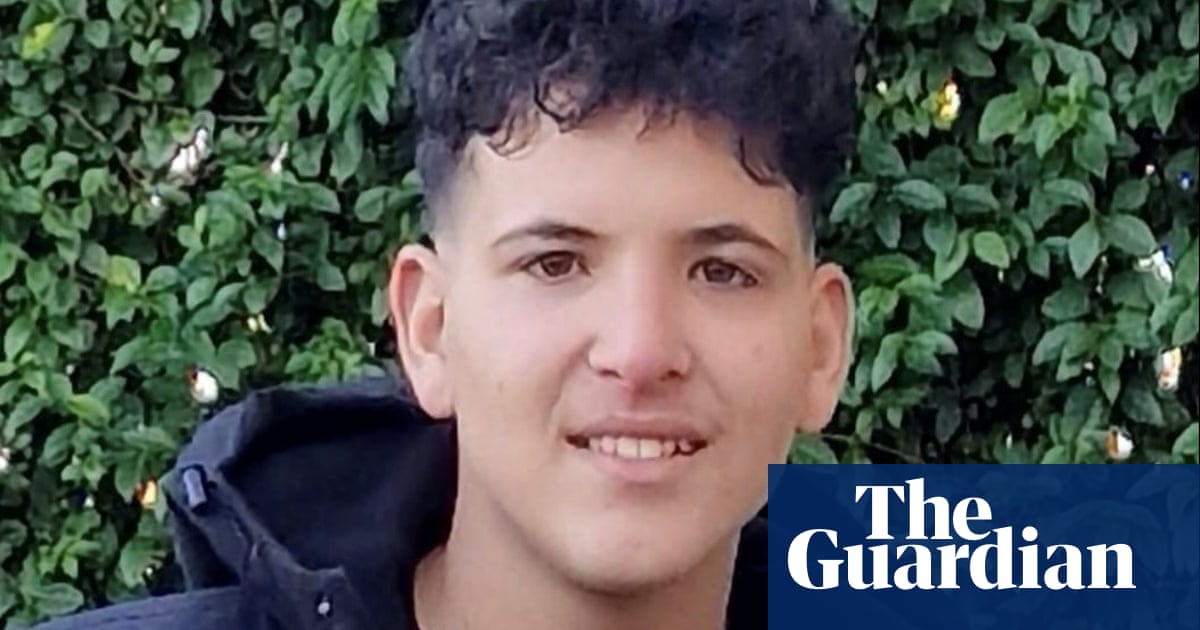David Williams was 17 when his mother died of cancer. But he didn’t cry when his mum’s friend knocked on the door in the dead of night to give him and his sisters the news. He was the eldest of three, “the adult male” as his father had left years earlier.
Instead, he bottled up his feelings and carried on working. Williams, now 61, says: “Something happens to you in that situation that isn’t your choice.” This was 1980, and the family lived on the Lache social housing estate in Chester, which was, he says, “a tough place. Lads didn’t go around crying.”
The biggest imperatives were practical. “We were skint. I had to go to work.” His job in the parts department of a car dealership brought in the family’s only income.
Williams’s memory of his final meeting with his mother, and of what she said and didn’t say, laid the foundation for his emotional lockdown. “She was as poorly as you could look. I gave her a kiss on the forehead, told her I loved her, and she waved me out of the room. She couldn’t talk.”
Over the years that followed, Williams was transferred to London, switched jobs again and again. He met his future wife at a nightclub. They “had a dance, got on”. Later, they had a son. A sports shop asked him to manage a branch in Essex, and helped him to buy a house by contributing to the deposit. In all that time, Williams never shed a tear. “Never cried my entire adult life,” he says. “I couldn’t afford to break.”
In his 30s, he studied marketing, and in his 40s he completed an MA in executive coaching, partly to understand his own motivation to succeed. “What my mum had taught me was that things can be taken from you very quickly. I was very driven … until the 2008 crash.”
His home in Essex had subsidence, with a crack in the wall big enough to see the neighbours through; when the insurers stopped paying out, Williams had to work overseas to make ends meet, selling financial services to expats. In 2014, after 30 years together, he and his wife divorced. “I lost the love of my life,” he says. But still he didn’t cry.
Nor did he cry five years later, when at 55 he was diagnosed with a brain tumour. It was, he says, “time to fight. I’m used to that.”
But the tumour made work impossible. Radiotherapy triggered seizures that required hospitalisation. Williams felt very alone. Then came Covid and lockdown. “For the first time in my life, I had time to reflect,” he says.
But it proved too much for him, and “this period of introspection” triggered a breakdown at the age of 59. “People are scared of breakdowns,” he says. But “a breakdown is the old you dying. Your brain is resetting itself. It’s taking care of you.”
When his sisters visited him in hospital, he says: “I sobbed my heart out.” For the first time, they talked deeply about their mum. “I think they always saw me as distant. I’d moved away, didn’t really engage.” As the tears poured down, he felt relief. Something was beginning to come out.
Williams is recovering from his breakdown, and continues to live with his tumour . He has written about his experience to aid his healing, and has found Christianity, along with a community at church. Last year, aged 60, understanding that he needed to grieve, he joined a support group. “The time was finally right.”
“Who can say that a brain tumour has been good for them? But if I hadn’t had the tumour, I’d have carried on working and I wouldn’t have had the breakdown,” Williams says. “Even though I’ve got the tumour, I’m finally learning to be ‘emotionally normal’.”
These days, Williams cries “now and again” about his mum, or his marriage, or life in general, “trying to make sense of what’s happened, this monumental change, and how to start again”.
Learning to grieve means appreciating “the privilege of being here, of being loved, of having a beautiful son”. He knows that life changes quickly. “And that means someone might fall in love with me again, and I can choose what to focus on. I’ve still got loads to contribute.”

 1 day ago
10
1 day ago
10

